The Beginning of an idea
I remember returning home after the first day of my PhD program to my cave-like, one bedroom Ann Arbor apartment, grabbing a pint of mint-chocolate chip ice cream, and falling onto the couch where I proceeded to stare at the pile of boxes waiting to be unpacked. I was totally, and completely, mentally and physically exhausted.
After a few moments of utter dissociation, I started to laugh. Not a cute, dainty laugh, more of a maniacal laugh that makes you understand why movie villains have PhDs. I thought to myself- how is this only day one? Although, at the same time, I loved it - the feeling of exhaustion, my brain feeling like unset jello. The feeling of knowing nothing but excited about the prospect of learning more. And, just like that, the overwhelming nature of the first day of my PhD subsided and a new excitement in searching for this exhaustion was ignited. I was hooked.
Even though I loved the absolute insanity that was my first day, then week, then month, then year, of graduate school, there were moments where I could not help but feel… behind. Like there were lectures everyone else attended that I missed (but I had perfect attendance). How did they already have poster presentations? How did they have scientific writing experience? How did they know the ins and outs of scheduling classes at this humongous university? How were they so… confident?
After talking with my peers, I realized their experience at a BIG10 undergraduate institution prepared them to manage graduate school at one (shocker, I know). However, in the same conversation, I noticed the strengths in attending a smaller undergraduate institution; knowing professors well and, most importantly, them knowing you well, or having ample opportunity for office hours and questions with your professor (rather than a teaching assistant). This is to say that one is not better than the other but it was really important for me to identify how our undergraduate experiences shaped our first year of graduate studies and see the strengths and weaknesses in both. It was then that I committed myself to bridging the gap between small liberal arts colleges and large research institutions.
Since then, I have traveled through Michigan and attended national conferences to help recruit for the Program in Biomedical Sciences at University of Michigan’s Medical School and I have spoken with so many prospective students from big and small schools. Through all these conversations, though, there is one comment that sticks in my head “ I attend [insert any small college here], so I feel like I cannot get into a big school like Michigan.”
I cannot begin to describe how my heart completely shatters at this comment, because for a while - I thought it too. I thought it while waking up at 5:00 am in Allendale, MI, to go for a run before my lab shift at the Van Andel Institute. I thought it while staying in on weekends studying for my organic chemistry exams. I thought it while studying for weeks in advance for my biochemistry II exams. You can call it imposture syndrome or just a symptom of a society that tells you that one school is better than the other, but if there is one thing I have learned— it is that Physics does not differ from Ann Arbor to Allendale, MI. An education is an education.
So, I started Bridge Mentoring Initiative (BMI), with a group of graduate students and faculty at UM that also started at smaller undergraduate institutions, with the goal of creating a more accessible and approachable environment in accademia. Rather than focusing on recruitment for graduate school , we focus on community building and support for students overwhelmed by the prospect of graduate school. Although BMI was founded focusing on students from smaller undergraduates, BMI is open to all who are interested in growing their mentorship skills or those in need of a community.
Thanks for reading and, whether it is in BMI or not, I hope you find your community!
— Jen Wloszek, Founder of BMI and GVSU Alumni ‘22

